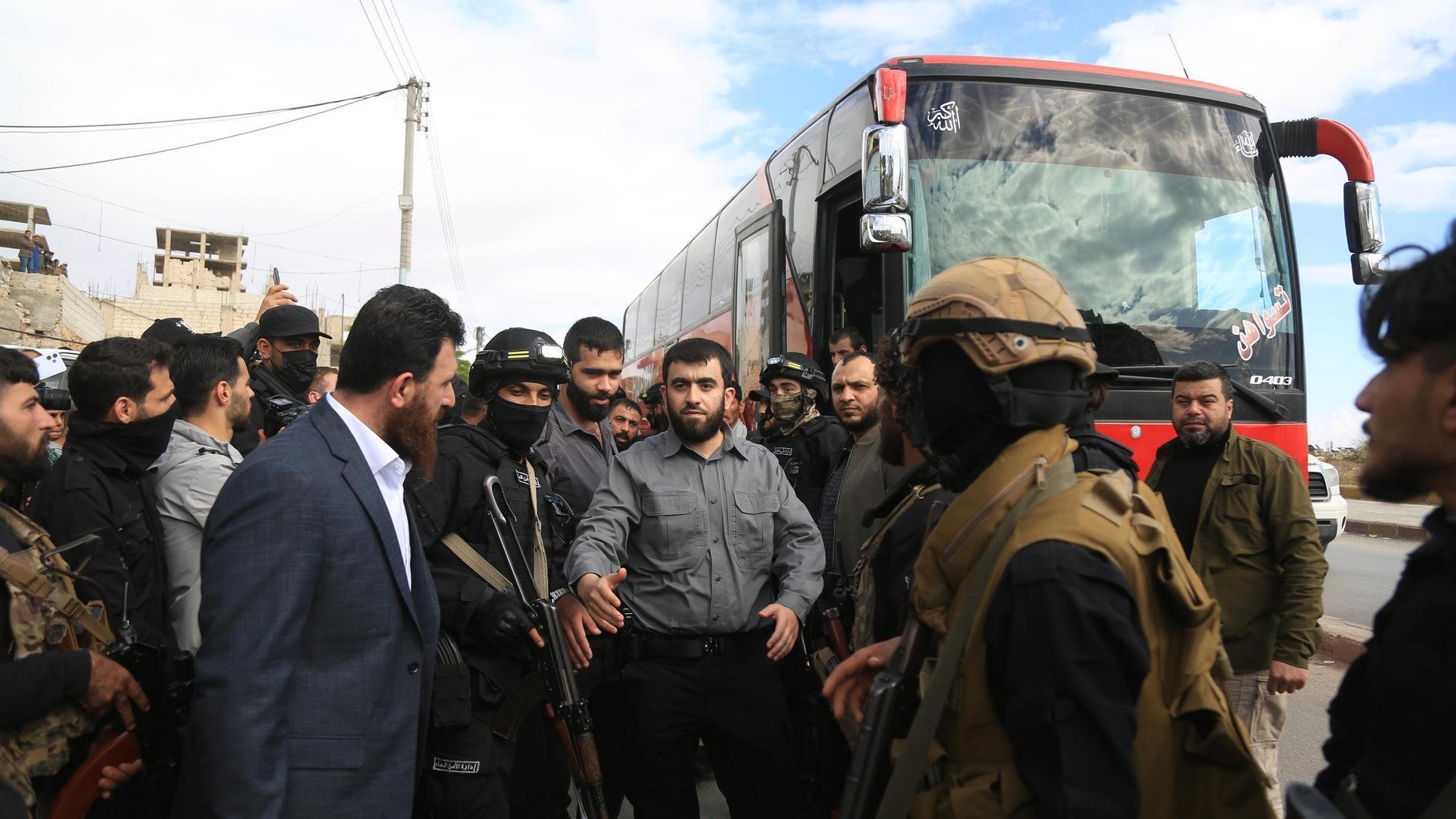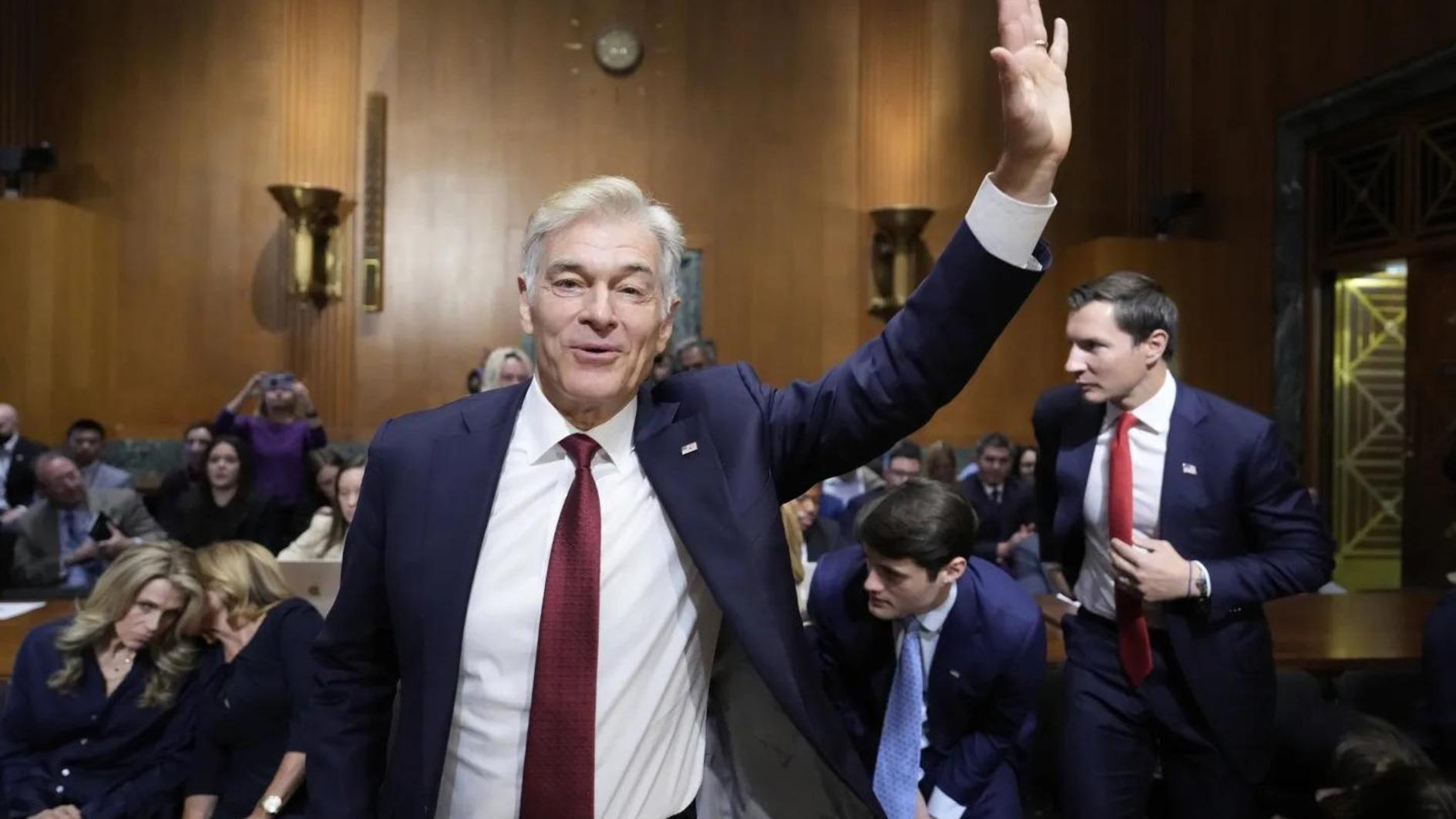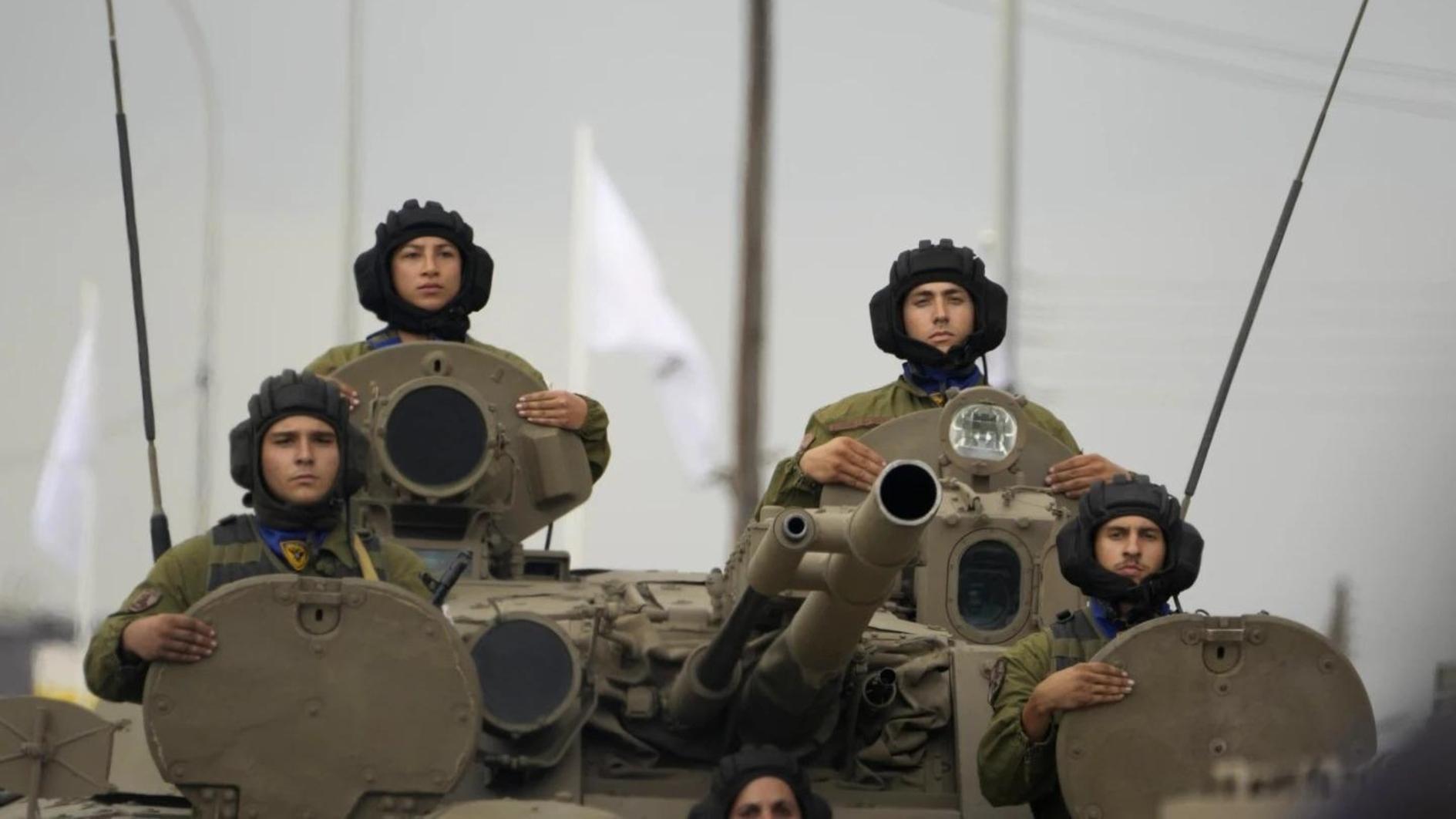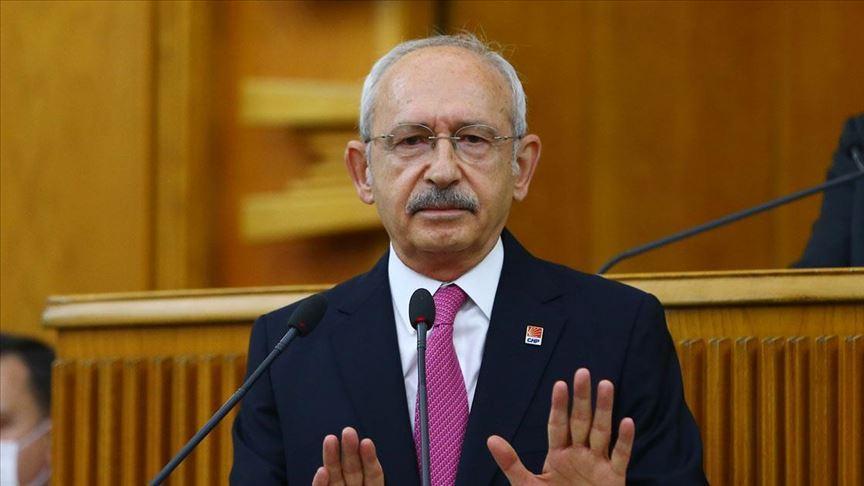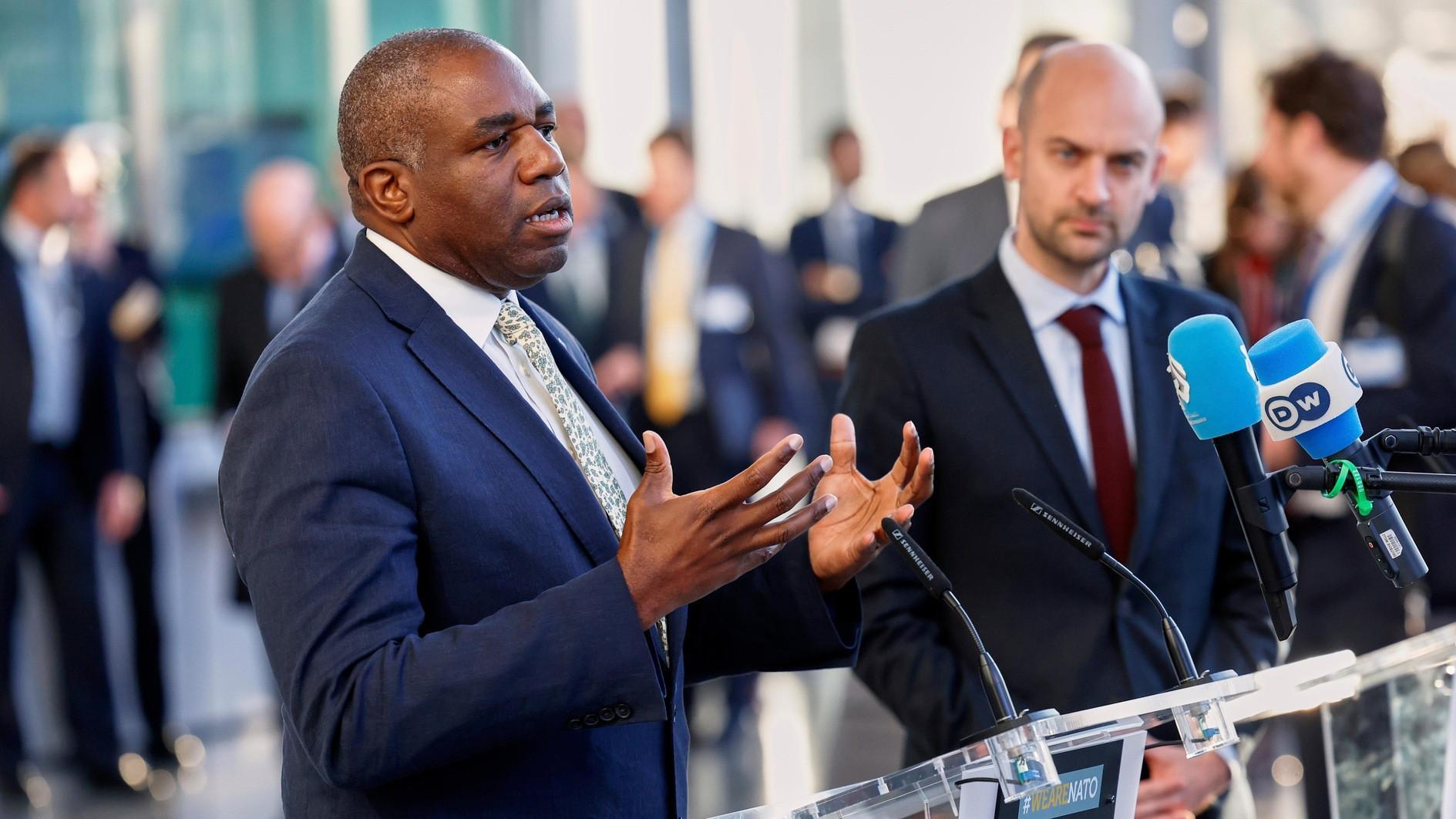High level participation from the EU and the US
ISTANBUL
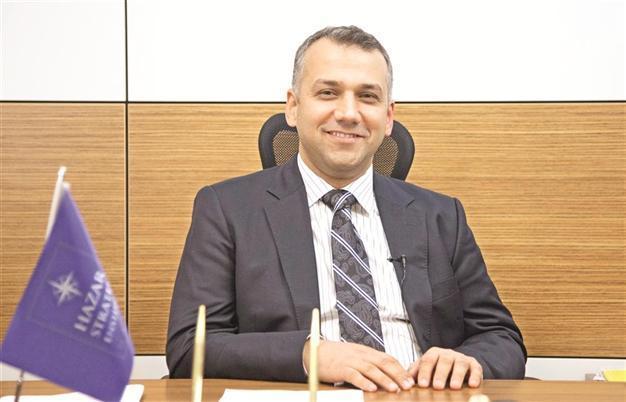
We will redefine the concept of the Caspian region and discuss developments, values and opportunities in the region in detail at the Caspian Forum, says Yavaş.
Caspian Strategy Institute Secretary-General Haldun Yavaş assessed the Caspian Forum Istanbul 2013, which will be the third of its kind.Istanbul is getting prepared for an important activity, as significant issues concerning Eurasia and the Caspian regions will be discussed at length during the Caspian Forum. Can you tell us about this activity?
As the Caspian Strategy Institute, we are arranging an organization in Istanbul on Dec. 4-5, which will focus on the Caspian region. Actually, this is the third activity that we have arranged as the Caspian Forum. We held the first one in Istanbul in December 2012 and the second one in New York last September.
The third forum, which we will arrange at the Çırağan Palace, will gather world-renowned academics, politicians, businesspersons, representatives of civil society and media members. The forum will provide a unique opportunity for the improvement of partnership relations among participants.
At the moment, the participation of four ministers from Turkey has been confirmed and there are also leading figures from the Balkans and Eurasia.
There will be high-level participation from the countries through which the Trans-Adriatic Pipeline (TAP), which is complementary to the Trans-Anatolian Gas Pipeline Company (TANAP), will pass as well as from the EU and the U.S.
What will be discussed at the Caspian Forum 2013?
We have chosen this activity’s theme to be “Defining the Caspian.” That’s to say, we will redefine the concept of the Caspian region and discuss developments, values and opportunities in the region in detail.
The Caspian region and Eurasia are attracting all attention with their energy reserves and vast transportation corridors.
Throughout history, the Caspian region was an important location, because it was a meeting point for different civilizations, as well as economic interactions and rich natural resources. And recently, it has begun covering wide grounds on evolving global political and economic agenda.
Global powers, whose level of awareness about unique opportunities they can offer to international investors and consumers in the fields of energy and transportation, are showing more interest in the region.
Particularly in regard to transportation and energy; these two issues will be our main titles at this year’s Caspian Forum Istanbul. Problems concerning energy resources, economic diversity, transportation projects and security in the region will be dealt with.
Why do you believe that redefining the Caspian is important?
Redefinition of the region will lead up to useful outcomes for both the regional countries and other countries in regards to embracing a future-oriented vision. This is because the definition of the Caspian region will be put forth as academics, the business world and decision-makers discuss problems, needs and processes in the region.
That’s why, determining such a vision matters a lot along the process of shaping this region’s future. We can say evaluation of opportunities in the region and drawing paths to be followed in order to overcome problems constitute the focal point of the forum.
Can you tell us about your past activities? You have arranged two important activities, one in New York this year and the other one in Istanbul last year. Why were these important?
We held the first of our Caspian Forum series in Istanbul in December 2012. Turkish Energy and Natural Resources Minister Taner Yıldız, Azerbaijan Deputy Transportation Minister Musa Pehanov, Turkish Deputy Foreign Minister Naci Koru, Azerbaijan Deputy Foreign Minister Khalaf Khalafov, former U.S. Secretary of Defense Robert Gates and State Oil Company of the Azerbaijan Republic (SOCAR) President Rovnag Abdullayev were among speakers at the forum, which we held at the Four Seasons Hotel on the Bosphorus.
There was a huge interest from academics, sector leaders and decision-makers. Such a profile of participants analyzed the Caspian’s energy resources.
We held the second Caspian Forum in New York last September. Eight foreign ministers, three deputy prime ministers in addition to some 600 representatives from the energy sector, academia, media and the business world participated in the forum, which we held at the Waldorf Astoria Hotel.
The theme of the forum, which was arranged in the same week when the U.N. General Assembly gathered, was “European Energy Security and the Southern Gas Corridor.”
Turkish Foreign Minister Ahmet Davutoğlu, Azerbaijan Foreign Minister Elmar Mammadyarov, Greek Deputy Foreign Minister Dimitris Kourkoulas and the foreign ministers of Albania, Bosnia-Herzegovina, Croatia, Georgia and Macedonia attended the forum.
The forum, which actually took place in the form of a summit, was moderated by the world famous host of the American TV channel CBS Charlie Rose.
We found the opportunity to explain the importance of energy resources in the Caspian region for energy diversification in Europe and what the Southern Corridor meant in this regard.
The main theme of the Caspian Forum in New York was “European Energy Security and the Southern Gas Corridor.” Which issues were discussed within this context?
The TANAP and the TAP, which will open a channel for to transport the Shah Deniz gas from the border between Turkey and Greece to Europe was on the table.
As you know, these projects are defined as a revolution in Eurasia’s energy history. The line will bring in important opportunities for Caucasia, Anatolia, the Balkans and European countries. The line will offer significant employment contribution to countries through which it passes.
All of the names that we hosted in New York highlighted these facts. Turkish Foreign Minister Ahmet Davutoğlu stated that the Southern Gas Corridor is at the same time a “Peace Corridor.”
Azerbaijan Foreign Minister Elmar Mammadyarov said the Southern Gas Corridor will provide stability, sustainable development, security and peace for the region.
We believe we delivered important messages from the U.S. to the world with all of these aspects, because as the Caspian Strategy Institute, we attribute high importance to the TANAP as a project which takes care of both Turkey and the region at most and we have intensified our work on this issue.
We understand that you have been running highly important activities. How do you define your mission and vision as the Caspian Strategy Institute?
As HASEN, we are trying to make contributions to political and business circles by producing original research and data about the greater Caspian Sea Region and by putting forward strategic proposals in the areas of energy, international relations, security, economy, education, culture and the environment.
We are a non-profit organization, that’s why we are conducting impartial work and, in line with this, we are carrying out international meetings, publications and training sessions which encourage scientific discussion and research. Thus, we are trying to be a leading platform of discussion, research and study which strengthens positive mutual dependence and cooperation in the greater Caspian Sea Region.


